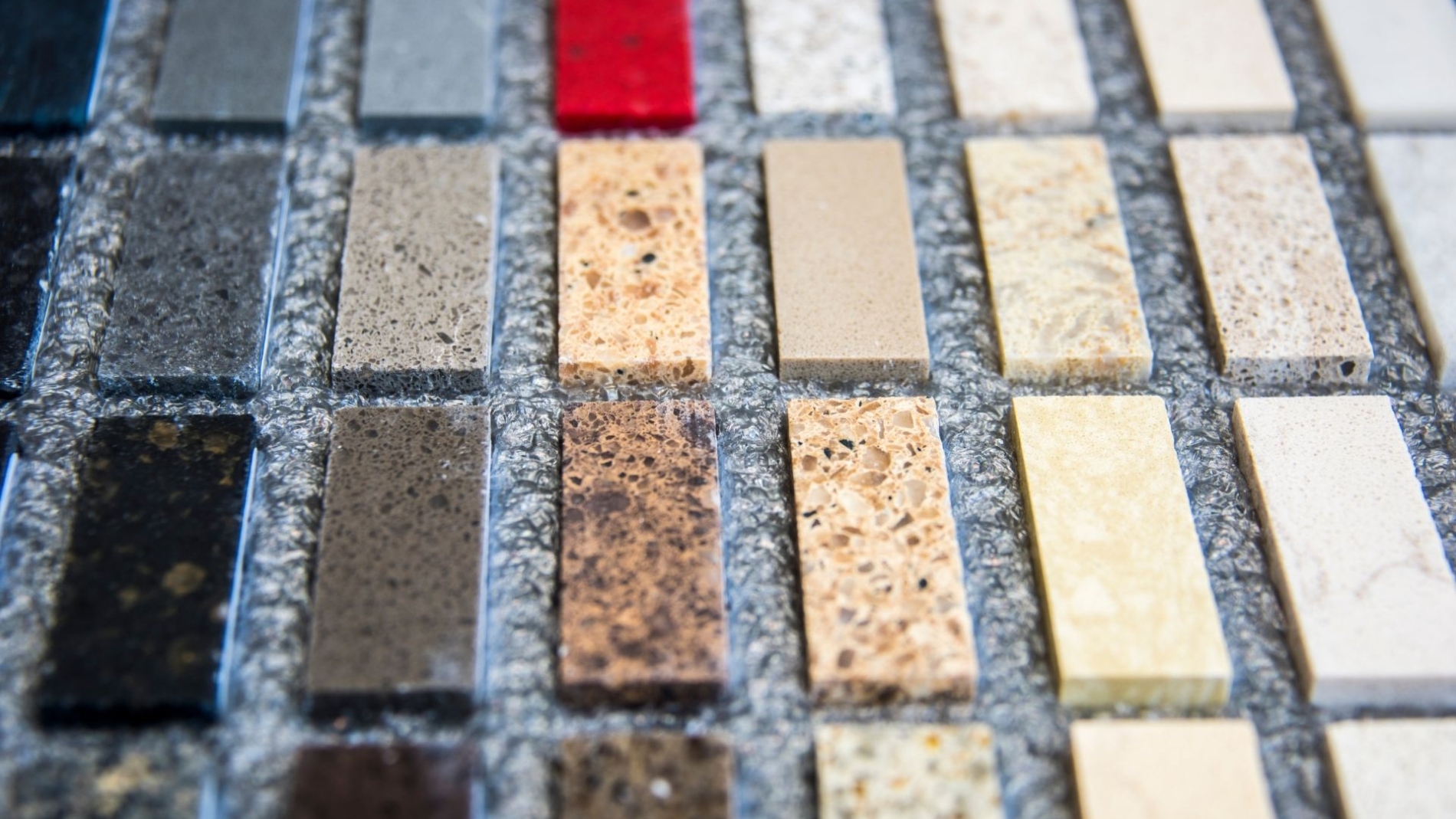It can be difficult to choose the best countertop for your home. There are many options available, including concrete, stone, laminate, and butcher block. The possibilities can be overwhelming, especially when you add customization. Stone is a favorite choice for countertops. You can think of it this way: Most kitchens you have seen in the last decade look almost exactly like granite advertisements. Stone is a durable material with many options and prices. Before you decide on a slab for your home, make sure to do your research. These are five things you should know before selecting stone countertops.
1. Learn about the most common types of stone.
There are six types of stone that can be used as kitchen countertops: granite, marble, slate, limestone, and soapstone. Each option has its advantages and disadvantages. The way you want the countertops to work in your space will determine which one is best.
Granite, limestone, soapstone, slate, and limestone are all-natural stones. Quartz is artificial. Natural stones can be quarried but you have less control over the colors and veining patterns. This means that they are more expensive. Engineered quartz can be customized in a variety of colors and patterns, which can replicate the look of granite and marble, at a lower price point. Granite and marble are the most expensive options.
2. Find out if the surface has heat resistance.
Granite, limestone, slate, soapstone, and marble are all heat-resistant natural stones. Quartz can crack in extreme heat so do not place any hot pots or pans directly on the surface. Natural stones are resistant to heat, but it is best to protect the surface by placing hot dishes on trivets and pads.
3. Find out if the surface has pores.
Quartz is a nonporous surface that doesn’t need sealing. It is resistant to stains, won’t absorb harmful bacteria or mold, and will not absorb viruses, bacteria, mildew, or other contaminants. Slate and soapstone are also nonporous and don’t need sealing. Granite, limestone, marble, and slate are porous stones that can easily stain. Therefore, sealing is required to protect these surfaces. Avoid granite, limestone, and liquids containing acidic foods or liquids. Acid can cause damage to the seal and cause stains. Nonporous surfaces can also be cleaned with soap, water, or mild detergent.
4. Check if the surface is prone to nicks or scratches.
Marble is great for baking and making pasta. However, because it’s soft, you can scratch or nick it easily. Always use a cutting board. The same goes for soapstone and limestone. Granite and quartz have a tougher surface that is more resistant to scratches and etches. Although slate is a hard stone, it can be fragile. To prevent chipping, round the edges of slate countertops. This will also protect you from injury if they become too sharp.
5. Don’t DIY!
It is extremely difficult to cut and manipulate slabs of stone by yourself. So call a professional to help you install your countertops.

Leave A Comment